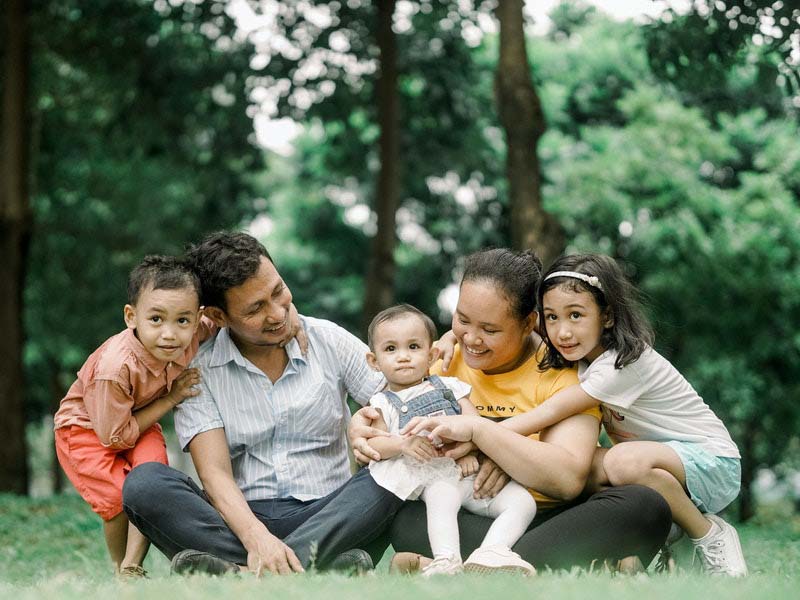Moving is a challenge. Moving with children is a challenge, too – but there are ways to make it easier…and even fun! Let’s get right down to the information with these 15 helpful tips:
- Tell your children about the move as early as possible. Because children’s lives are rooted in the familiarity of their homes, schools, neighborhoods and friends, it’s wise to tell them about the move as soon as you can. That gives them more time to get used to the idea, and you can start including them in moving planning and activities.
- Take a walking tour of your new neighborhood. If it’s possible (and local!) take the kids on a walkabout in the new location. If you’re moving to another state, see if you can take a virtual tour so they can get a sense of the area. Show them their new school or make a visit (if it’s new to them), experience a popular neighborhood restaurant, or scope out a familiar store or a fun new shop.
- Map the move. Bring your kids into the plans or the move, let them make some decisions, ask their opinions and have them come up with age-appropriate to-do lists. Then give them a voice in the moving-week plan, down to how they will travel to the new home and what can be done in their new rooms on move-in day.
- Make a family wish list. Let everyone in the family plan one thing they want to do as a tribute to their familiar neighborhood before leaving the old house for the new one.
- Plan a memory book project. If they’re old enough, have the kids take photos of the house and neighborhood you’re leaving. Making a memory book is one of the ways you can help them transition.
- Try to maintain a familiar schedule. Safeguard familiar family schedules and routines during the moving process
- Pack their “last-night/first-night” bag with them. Make sure every member of the family has a duffle bag or suitcase with two days’ worth of clothes and essentials, as if they were going on a trip. It’s a perfect way to be sure you have things like pajamas, clean clothes, toothbrush and toothpaste, etc. handy even if everything else is packed. Consider everything your family members will need for the last night in the old home and the first night in the new home.
- Declutter, donate, discard! Think of some incentives to get your kids to give up old toys and other unneeded items. The more items they give up, the less stuff you have to move!
- Stay positive. Try to keep your own stress to a minimum and make a game of identifying the good things the move will bring to your family.
- Give data to doctors! If you’ll be changing your children’s doctors and dentist, make sure you arrange for their health histories to get to the new practitioners.
- Schedule some packing days or nights – and hire a babysitter for the little ones! You can get a lot done if you can focus on the move for a few solid hours here and there. Hiring a sitter is a good solution for younger kids to avoid distractions while packing. (It’s also a good idea to scope out the babysitter situation at the new location so you can do this again as you unpack!)
- Leave the things they love for last. Let them have their favorite things around them until the very last possible moment – it will help them feel more secure as all around them grows disorderly with the impending move.
- Organize and set up the kids’ rooms first. Not only will it help them feel comfortable with their belongings around them, you’ll be able to keep them away from the other unpacking activity if they have a place of their own to hang out.
- Find one or two ways your kids can connect with other children at the new location. If they’re not going to physical school, try to meet a few neighbors in advance with similarly aged children. Locate neighborhood playgrounds, pools, camps or other settings where you and your children might meet other parents and kids.
- Establish some ground rules about the new neighborhood. Make sure your children, both small and older, know what you expect as acceptable behavior and understand your rules for exploring your new location. (Consider actions like pool usage, biking safety, curfews, etc.)
And remember that no matter how much preplanning you do, change is still hard! Give your children as much time as they need to adjust to their new surroundings. They’re amazingly resilient, and with good communication, they’ll likely surprise you with their adaptability!


